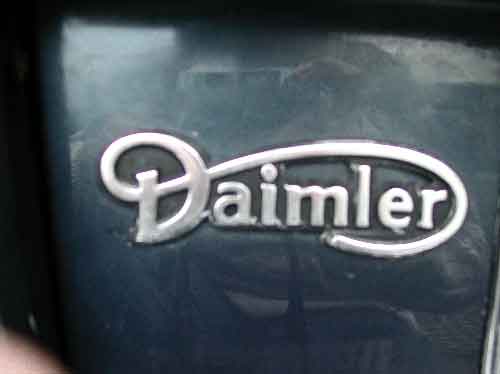Carmakers Daimler and Opel shorten work hours
 Berlin - Car parts manufacturer Bosch announced plans Monday to reduce working hours for 9,000 staff, following Daimler's introduction Monday of a shortened working week for 40,000 of its employees in the German car industry.
Berlin - Car parts manufacturer Bosch announced plans Monday to reduce working hours for 9,000 staff, following Daimler's introduction Monday of a shortened working week for 40,000 of its employees in the German car industry.
Opel's parent, General Motors (GM), also announced Monday that it has struck a Europe-wide deal to meet a reduction in demand by cutting back on working hours in order to prevent job losses.
The GM deal has been agreed with workers' unions, but not yet signed. The aim is to respond quickly with flexible solutions should car production exceed market uptake, it said.
The negotiated package includes reductions in working hours as well as provisions for long-term holidays.
At Daimler, manufacturers of Mercedes-Benz, Monday saw the introduction of a three- or four-day working week at its main sites in the company's home town of Stuttgart and the suburb of Sindelfingen, as well as six further locations.
The measure, introduced for the first time in 15 years and expected to last until the end of March at the earliest, is aimed at preserving jobs following an overall drop in Daimler's profit of 2.3 per cent for the year 2008.
Until Sunday, many Daimler plants had been closed since mid- December for an extended winter break.
Bosch, which is reducing production capacity at four German sites, has a global workforce of 270,000, making it the world's largest car parts supplier. In December, chief executive Franz Fehrenbach announced a drop in profits for 2008.
Writing in the in-house magazine, he said the company will need to take further measures to meet increased revenue pressure. Of the year 2009 he said, "It will be key to master the balance between saving and investing - even if this will be difficult and painful."
Most German carmakers, like their counterparts elsewhere, are reeling under the effects of the economic crisis and have been forced to slash production to offset a fall in demand.
Two further giants of the German car industry, BMW and Audi, restarted production lines Monday for the first time since an extended Christmas break.
By halting production for up to five weeks, BMW responded to the drop in demand that last year led to a fall in sales of 4.3 per cent compared to the bumper year of 2007.
In light of the economic downturn, the Bavarian-based car manufacturer has not resumed at full capacity. At its plant in the eastern German city of Leipzig, 400 cars are being turned out daily, compared to a full capacity of 700.
Wages for reduced working hours vary from state to state within Germany. Daimler employees in the state of Baden-Wuerttemberg have negotiated pay settlements of up to 80 per cent of their net salary for days when they do not work. As part of the deal struck by Opel, employees will receive 50-per-cent compensation for hours not worked.
On top of these figures, the government provides additional welfare benefits to workers on a reduced schedule. In some parts of the country, employees can receive up to
97 per cent of their regular net income, despite a cut in hours.
New car sales in Germany fell by almost 2 per cent in 2008, to 3.09 million new registrations. These are the lowest figures since all- Germany figures began in 1991. (dpa)